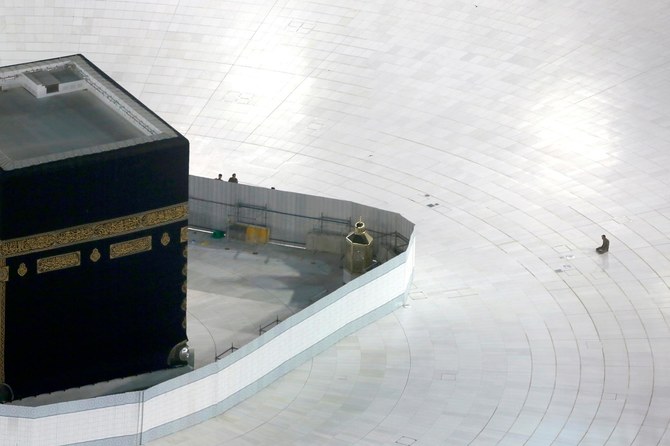A Tufts University doctoral student from Turkiye is demanding her release after she was detained by immigration officials near her Massachusetts home, detailing how she was scared when the men grabbed her phone and feared she would be killed.
Rumeysa Ozturk, 30, who has since been moved to an Immigration and Customs Enforcement detention center in Basile, Louisiana, provided an updated account of what happened to her as she walked along a street on March 25, in a document filed by her lawyers in federal court Thursday.
Ozturk is among several people with ties to American universities whose visas were revoked or have been stopped from entering the US after they were accused of attending demonstrations or publicly expressed support for Palestinians.
‘I felt very scared and concerned’
“I felt very scared and concerned as the men surrounded me and grabbed my phone from me,” Ozturk said in the statement. They told her they were police, and one quickly showed what might have been a gold badge. “But I didn’t think they were the police because I had never seen police approach and take someone away like this,” she said.
Ozturk said she was afraid because her name, photograph and work history were published earlier this year on the website Canary Mission, which describes itself as documenting people who “promote hatred of the USA., Israel and Jews on North American college campuses.”
She said the men didn’t tell her why they were arresting her and shackled her. She said at one point, after they had changed cars, she felt “sure they were going to kill me.” During a stop in Massachusetts, one of the men said to her, “We are not monsters,” and “We do what the government tells us.”
She said they repeatedly refused her requests to speak to a lawyer.
Hearing scheduled on Ozturk’s case in Vermont
A petition to release her was first filed in federal court in Boston and then moved to Burlington, Vermont, where a hearing on her case to resolve jurisdictional issues is scheduled on Monday.
Ozturk’s lawyers say her detention violates her constitutional rights, including free speech and due process. They have asked that she be released from custody.
US Justice Department lawyers say her case in New England should be dismissed and that it should be handled in immigration court. Ozturk “is not without recourse to challenge the revocation of her visa and her arrest and detention, but such challenge cannot be made before this court,” government lawyers said in a brief filed Thursday.
She recalled that the night she spent in the cell in Vermont, she was asked about wanting to apply for asylum and if she was a member of a terrorist organization. “I tried to be helpful and answer their questions but I was so tired and didn’t understand what was happening to me,” she stated.
Ozturk, who suffers from asthma, had an attack the next day at the airport in Atlanta, as she was being taken to Louisiana, she said. She was able to use her inhaler, but unable to get her prescribed medication because there was no place to buy it, she said she was told.
Ozturk says she wasn’t let outside for a week
Once she was put in the Louisiana facility, she was not allowed to go outside during the first week and had limited access to food and supplies for two weeks. She said she suffered three more asthma attacks there and had limited care at a medical center.
Ozturk said she is one of 24 people in a cell that has a sign stating capacity for 14.
“When they do the inmate count we are threatened to not leave our beds or we will lose privileges, which means that we are often stuck waiting in our beds for hours,” she said. “At mealtimes, there is so much anxiety because there is no schedule when it comes. … They threaten to close the door if we don’t leave the room in time, meaning we won’t get a meal.”
Ozturk said she wants to go back to Tufts so she can finish her degree, which she has been working on for five years.
Ozturk was one of four students who wrote an op-ed in the campus newspaper, The Tufts Daily, last year criticizing the university’s response to student activists demanding that Tufts “acknowledge the Palestinian genocide,” disclose its investments and divest from companies with ties to Israel.
A senior Department of Homeland Security spokesperson said federal authorities detained Ozturk after an investigation found she had “engaged in activities in support of Hamas, a foreign terrorist organization that relishes the killing of Americans.” The department did not provide evidence of that support.
Ozturk is supported by coalition of Jewish groups
A coalition of 27 Jewish organizations from across the United States is objecting to Ozturk’s arrest and detention.
The organizations say those actions and possible deportation of Ozturk for her protected speech “violate the most basic constitutional rights,” such as freedom of expression.
“The government … appears to be exploiting Jewish Americans’ legitimate concerns about antisemitism as pretext for undermining core pillars of American democracy, the rule of law, and the fundamental rights of free speech and academic debate on which this nation was built,” the groups say in a friend-of-the-court brief filed Friday in her case.

























